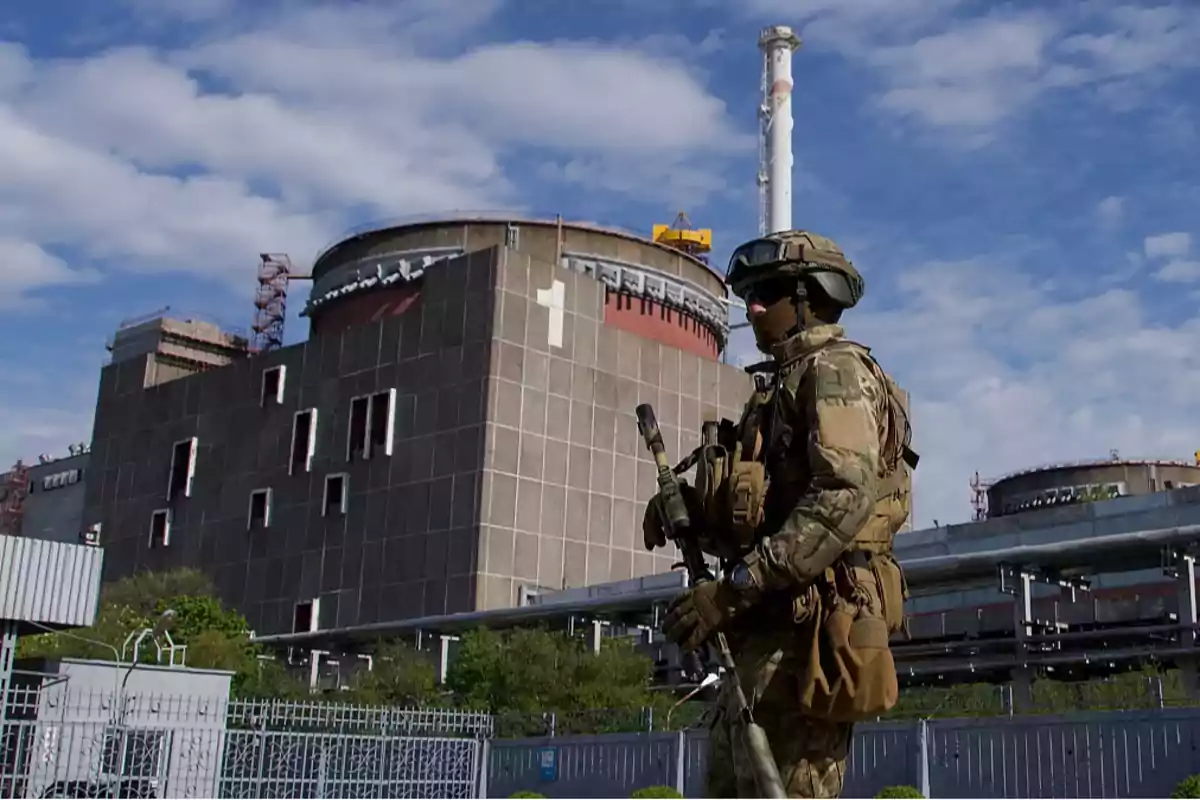
Russia assured that it won't cede control of the Zaporizhzhia nuclear power plant to anyone.
The Kremlin stated it has no intention of handing over control of the nuclear plant to Ukraine or other powers
The Russian Ministry of Foreign Affairs declared on March 25 that the Zaporizhzhia nuclear power plant, the largest in Europe, is a Russian facility that will not be transferred to Ukraine or any other country.
The declaration came in response to information about possible international negotiations regarding its status. According to the Ministry, the return of the plant to the Russian nuclear sector is a "fait accompli" and the international community must recognize it.
Additionally, Russia ruled out any possibility of delivery or shared control with Ukraine, the United States, or representatives of international organizations, arguing that it would compromise the physical and nuclear security of the plant.
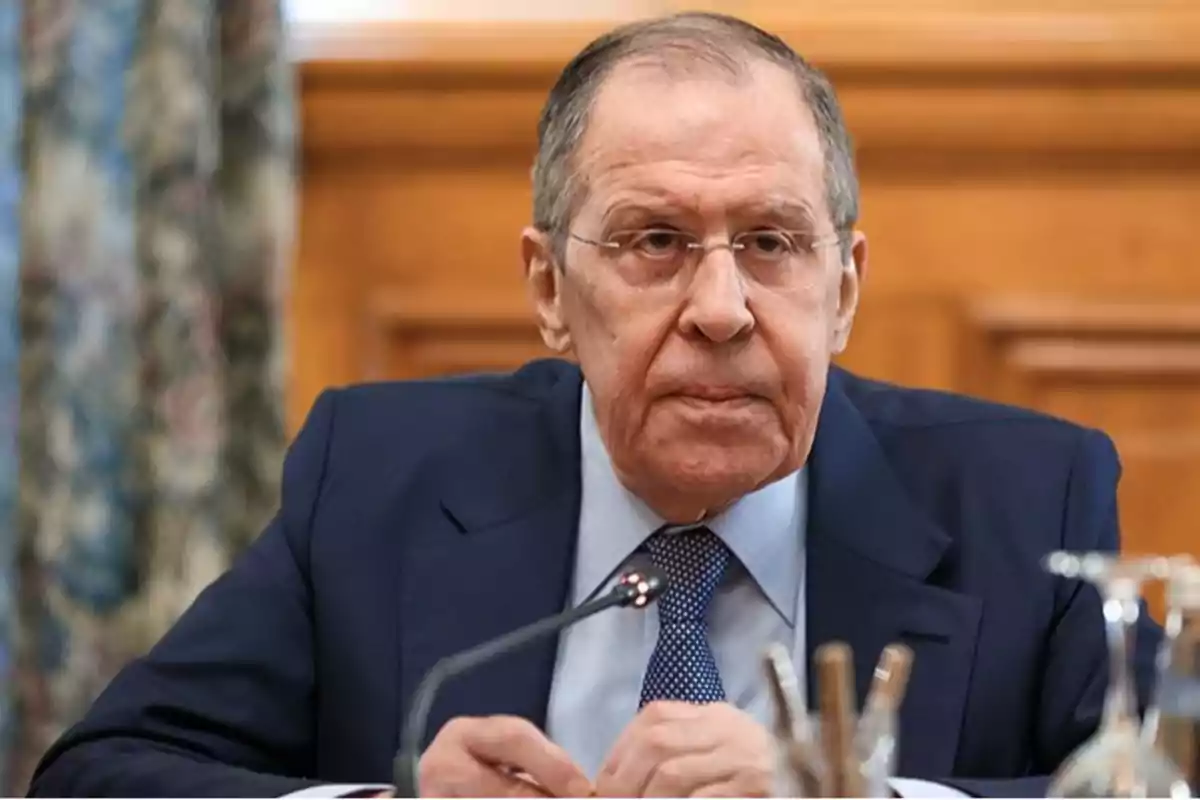
The Zaporizhzhia plant, which has six reactors, was captured by Russian forces at the beginning of the full-scale invasion of Ukraine in March 2022.
In October of that same year, Russia formally annexed the plant after holding referendums in the regions of Donetsk, Lugansk, Kherson, and Zaporizhzhia, whose results were not recognized by the international community.
The referendums were labeled by the United States and other Western countries as a "farce" at the time, as they were conducted under coercive circumstances and without the necessary legitimacy. Despite this, the Kremlin insisted that the referendums reflected the will of the people, with 98% support for union with Russia.
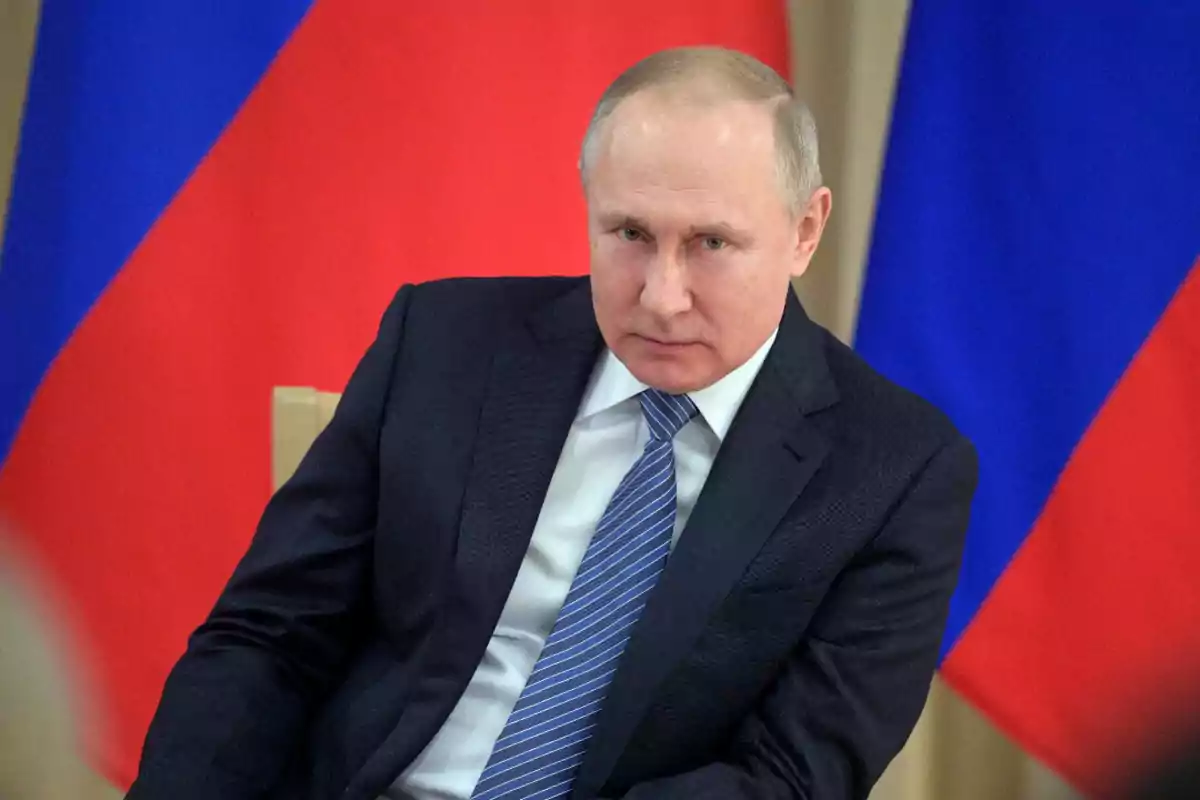
The Russian Ministry of Foreign Affairs justified the control of the plant by ensuring that all the plant's employees are Russian citizens and that the safety of these workers would be at risk if the plant were managed by Ukraine or other actors.
Additionally, Russia rejected any proposal for shared management, arguing that there are no international precedents of this kind and that it could endanger both the physical and nuclear security of the plant.
The plant, which previously caused electricity, is currently not operating due to constant attacks on the energy infrastructure by Ukrainian forces and other Russian responses.
Despite this, the International Atomic Energy Agency (IAEA) maintains monitors at the plant, as well as at other Ukrainian nuclear facilities. Despite international pressures, Russia has refused to return control of the plant to Ukraine, which continues to demand its return.
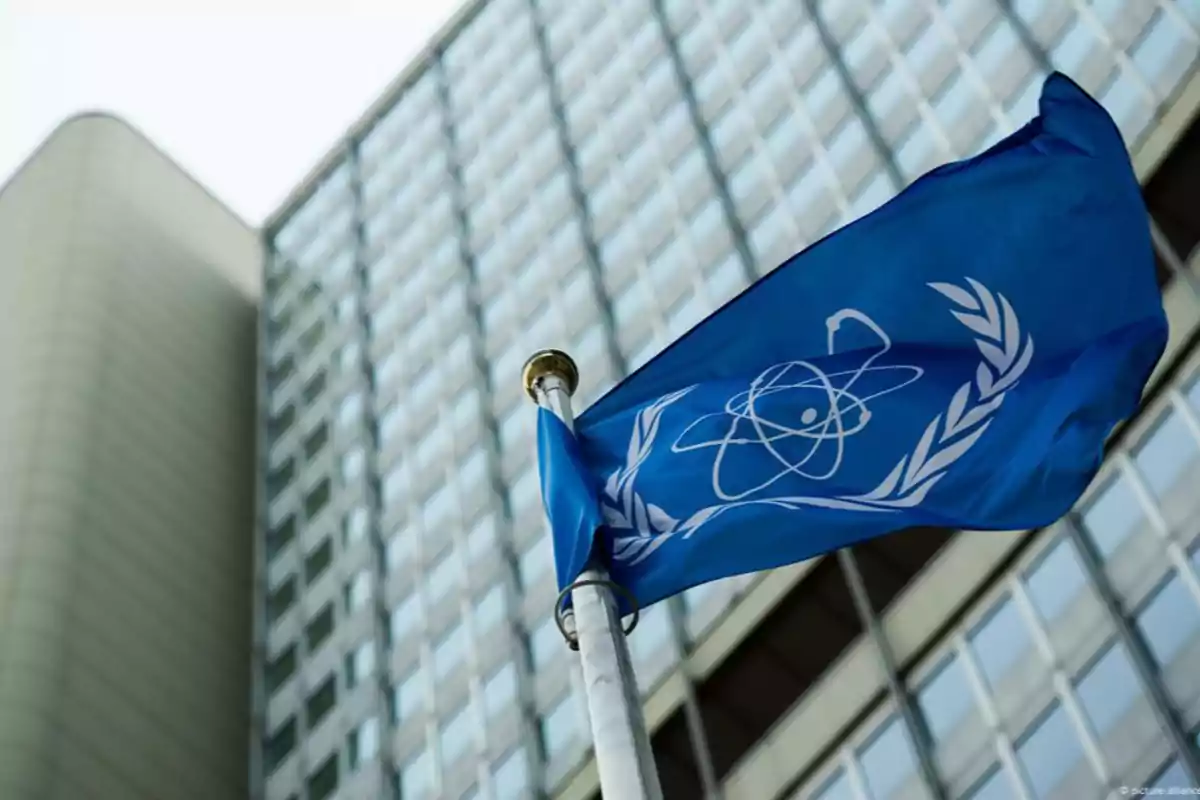
Regarding Ukraine's stance, President Volodymyr Zelensky has reiterated that the plant must be returned to its jurisdiction, considering it part of Ukrainian territory.
Additionally, Zelensky revealed that he discussed with U.S. President Donald Trump the possibility of the United States investing in the reactivation of the plant if it returned under Ukrainian control.
Trump, in a phone conversation with the Ukrainian leader, suggested that Washington could assume the administration of Ukraine's nuclear plants, and even proposed the possibility that the United States could take control of the plant to ensure its security against external threats, including Russian ones.
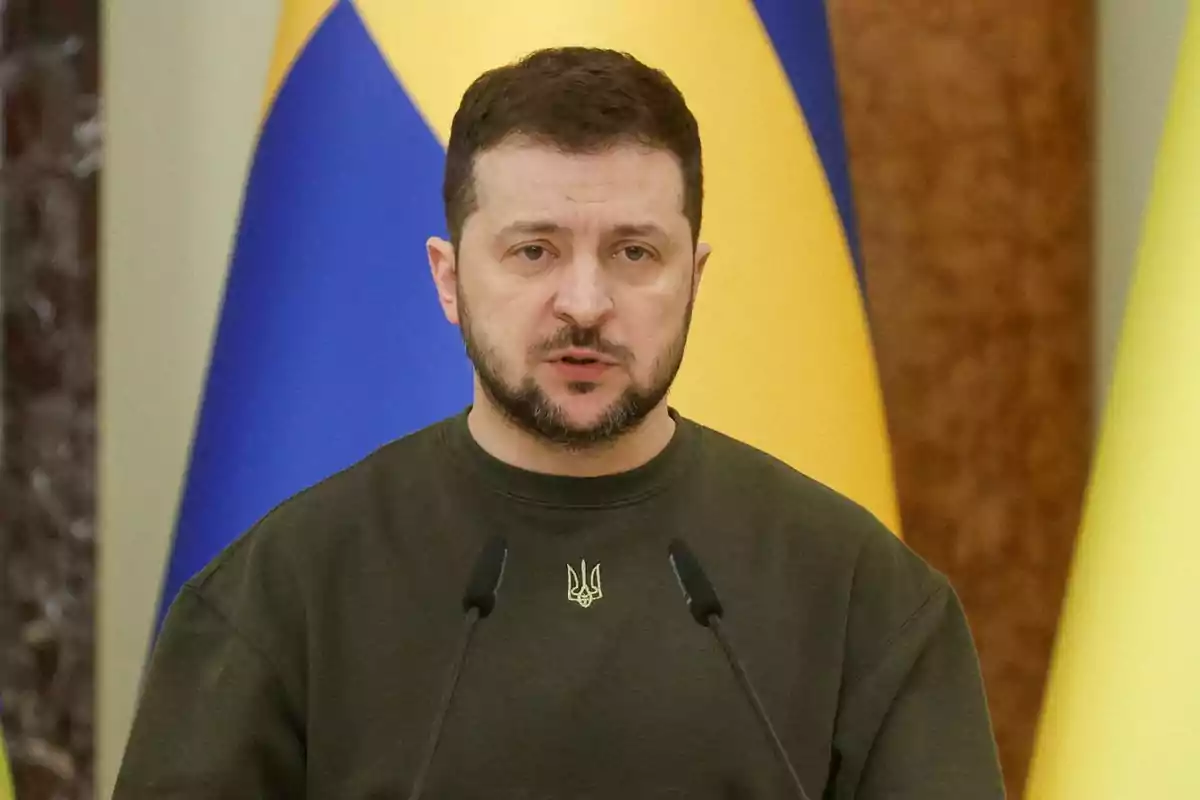
In response to these suggestions, Russia warned that the presence of NATO countries, with "an impressive intelligence potential," would prevent representatives of Ukraine or any other country from accessing the plant.
The Russian Ministry insisted that, according to international conventions on nuclear safety, the responsibility for the safety of nuclear plants lies exclusively with the country under whose jurisdiction they are, in this case, Russia.
The situation around the Zaporizhzhia nuclear power plant remains an international point of tension, with Russia maintaining its control over the plant, while Ukraine and the European international community reject the Russian annexation and demand the return of the plant to Ukrainian jurisdiction.
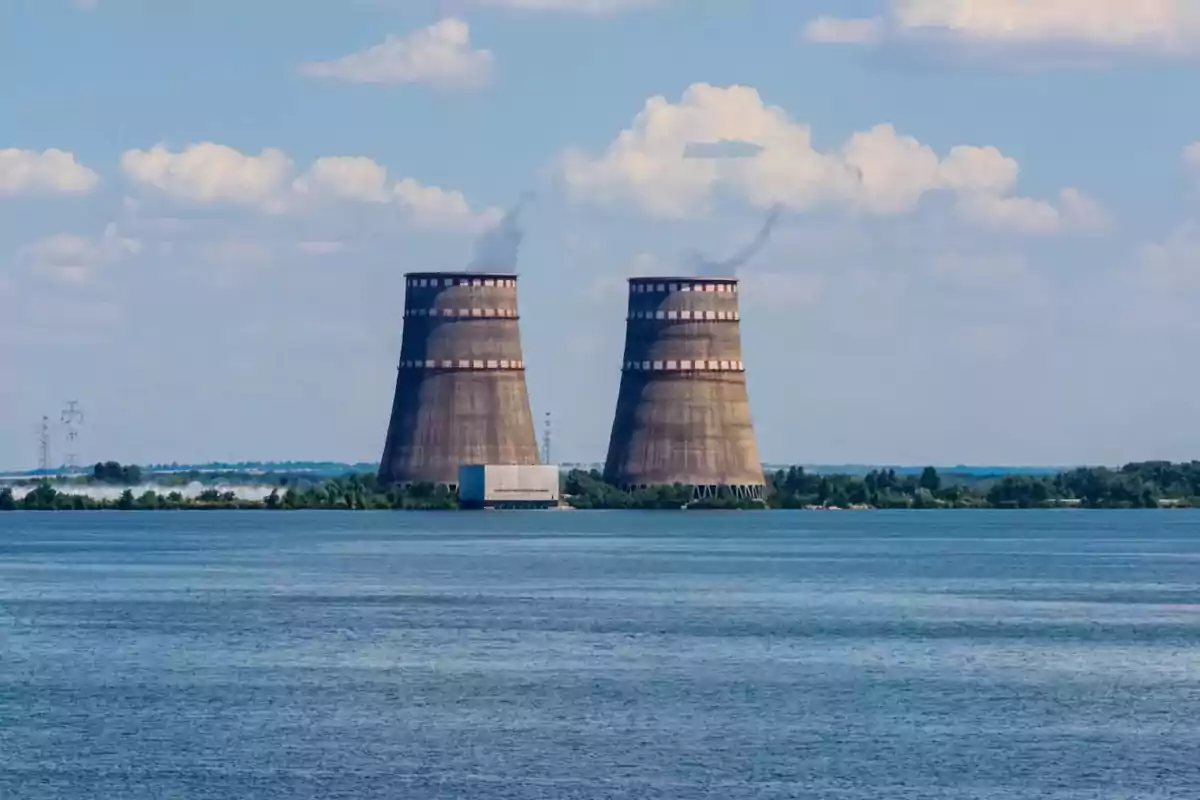
More posts: